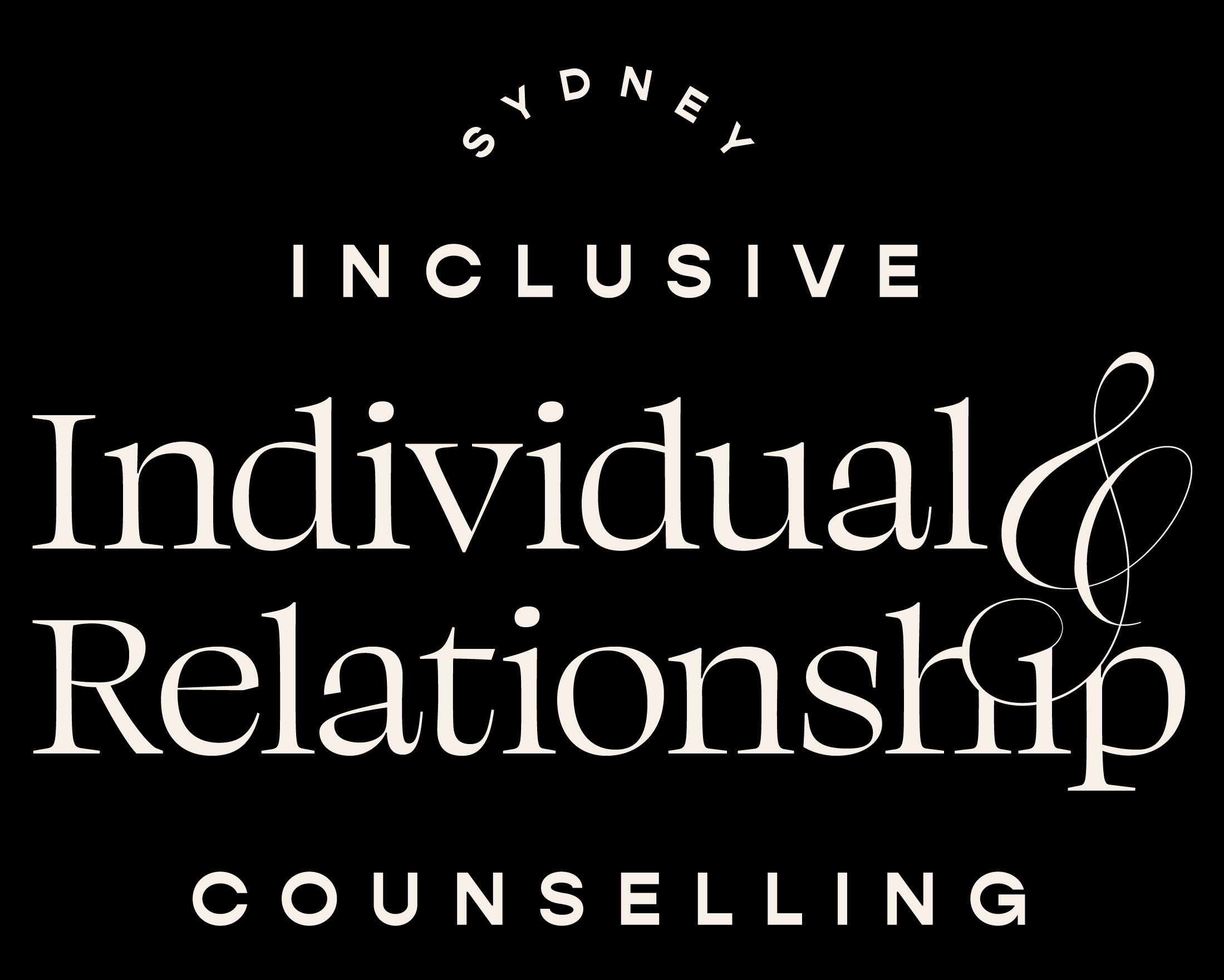So anger… what do I think about it? It’s so complicated. I don’t see it as good or bad. I see it in terms of is it useful and not-useful right now? So I’ve made a list of the pros and cons of anger. I’m going to use the pronoun “we” because I am also human before I am a counsellor.
Useful when…
- Motivates us to get shit done when we might otherwise may fall apart.
- Protective and can keep us safe in times of danger from others, and yourself.
- Crazy smart from an evolutionary perspective for survival.
- Source of inner power to fight for our rights and injustice of all kinds so we don’t feel helpless.
- Prevent burnout if we work in jobs that expose us to shitty circumstances like systemic inequality (e.g. social work) or fascist world.
- It’s telling us that’s something is wrong – we might not even realise it but our mind and body’s picked up something’s not fair/right/happy/what we want/abusive/etc in our life that’s in the way of our happiness.
On the other hand it can be not very useful if it overwhelms you and potentially…
- Becomes problematic and a barrier to our everyday life.
- It impacts our job e.g. attendance, performance, relationships at work, etc.
- Socially isolating when it impacts our relationships by pushing people away by starting fights or isolating ourself consciously to protect others from the anger.
- Dangerous and abusive if we take it out on ourself or others around us.
- We start using it as an excuse for bad behaviour.
- We feel trapped in our body and helpless.
Clearly it’s a double-edged sword and it’s a great band-aid for times of stress, depression or danger but it’s not sustainable in the long run.
But when it is being useful, what is it telling you and what is it protecting?
“Anger is a tool for change when it challenges us to become more of an expert on the self and less of an expert on others.”
Harriet Lerner, The Dance of Anger: A Woman’s Guide to Changing the Patterns of Intimate Relationships
In therapy, it’s protecting those soft squishy vulnerable emotions that might make us feel weak or cry.
I, personally, get angry when I’m hurt. When something happens or someone says something that shocks and hurts me, I immediately use a little bit of anger to cover and disguise it. I find it comforting, protective, keeps me from feeling vulnerable and exposed to someone’s (I perceive to have an element of) influence over me because I care about their opinion of me.
Sometimes that’s useful and appropriate when the “offender” was defensive or aggressive in the past when you were honest with your hurt. If you’ve never been vulnerable with them before, give them the benefit of the doubt as people have surprised me more often than not.
Sometimes it’s not useful or appropriate because the other person may genuinely respond with kindness and support if you say you’re feeling hurt. I feel (thought obviously I’m biased) that I’m pretty good at judging people. I’ve been a lot more vulnerable and honest with people in my personal and professional life and it’s generally brought me closer to people and created a more secure attachment style between us.
I also get angry when I’m scared. It’s most commonly when I hear or see racism or sexism. I feel shock and hurt and it make me so angry to compensate. I feel unsafe and hyper-vigilant when I hear a racist or sexist comment so I use anger to protect me. Sometimes it’s to get aggressive to fight back (not physically though my body is ready at that moment) and/or keep me energised enough so I don’t freeze up so I can get away from the situation. A way that it might not be useful is if I overcompensate and escalate a dangerous situation but thankfully that’s never happened.
Those are just two examples where anger has been useful and protective, and the possible dangers of it too.
Any where does this anger come from? Where did you learn this way of coping?
“Our family of origin—the source of our first blueprint for navigating relationships.”
Harriet Lerner
“All of us are vulnerable to intense, nonproductive angry reactions in our current relationships if we do not deal openly and directly with emotional issues from our first family—in particular, losses and cutoffs.”
Harriet Lerner
To find out more of Harriet Lerner’s book The Dance of Anger here’s links to her audiobook and bookdepository link:
https://www.audible.com.au/pd/The-Dance-of-Anger-Audiobook/B01H42JZIY
https://www.bookdepository.com/Dance-Anger-PH-D-Harriet-Lerner/9780062319043?ref=grid-view&qid=1585700412763&sr=1-2
This doesn’t mean reconciliation. This doesn’t even necessarily mean contact! It means understanding the legacies they left you with, and letting go if what they taught you so you can be different – so you can be more.
Book in with me here to chat more about it:
https://sydneyinclusivecounselling.com.au/contact/

